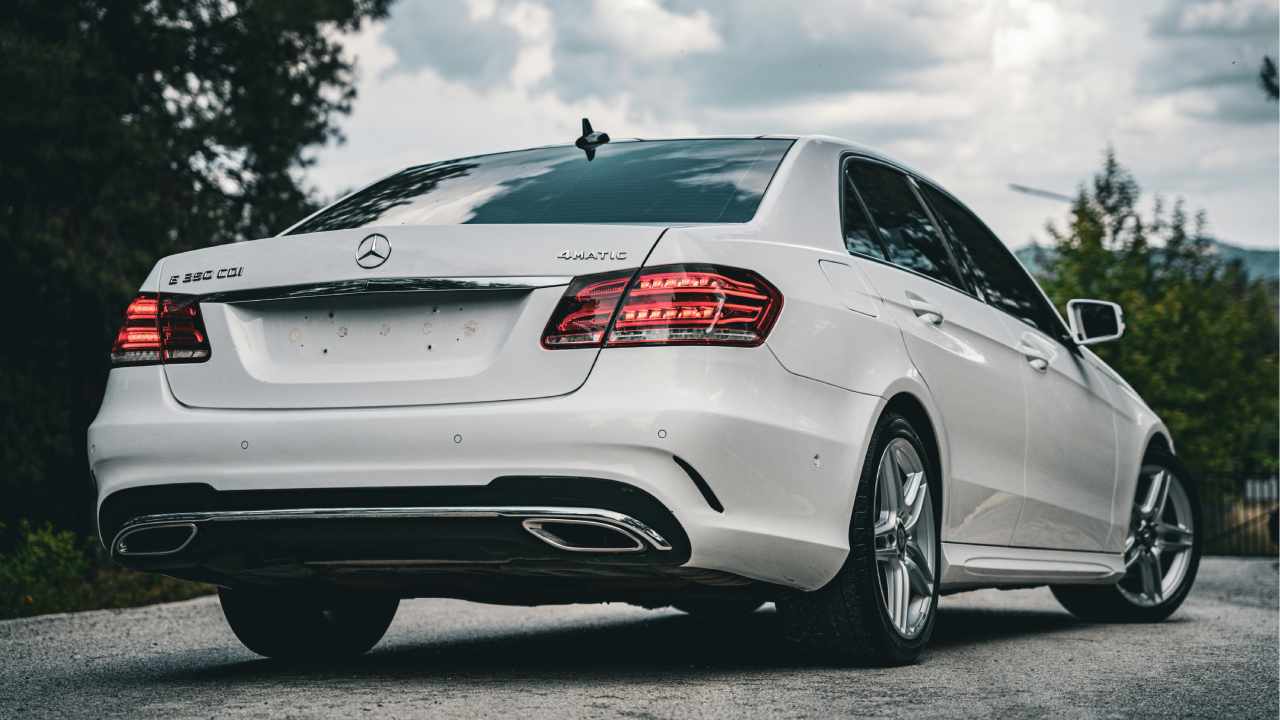Car auctions can feel like a treasure hunt—an exciting mix of anticipation, competition, and the possibility of driving home a hidden gem for a fraction of its value. Whether you’re a car enthusiast hunting for a rare model, a budget-conscious buyer trying to save money, or someone exploring this space for the first time, car auctions can offer incredible opportunities. But with so many vehicles on display and the fast-paced bidding process, how do you ensure you’re getting a good deal?
If you’re new to car auctions or looking to refine your buying skills, this guide will walk you through everything you need to know—from understanding the auction process to closing the deal with confidence.
Why Buy from Car Auctions?
Car auctions have become a popular choice for a variety of buyers, thanks to the unique benefits they provide.
1. Cost Savings
One of the main draws of car auctions is the potential to save big. Vehicles sold at auction are often priced significantly below retail value. For instance, cars from fleet leases, repossessions, or insurance write-offs can offer great value. Compared to the sticker price at a traditional dealership, you could walk away paying thousands less for a high-quality vehicle.
2. A Wide Variety of Options
Whether you’re after a sedan, a motorcycle, or a vintage collectible, car auctions often feature a wide range of vehicles. Specialized auctions might even focus on rare finds or unique models that you wouldn’t typically see in a dealership.
Understanding the Auction Process
Before stepping into the world of car auctions, it’s important to understand how they work.
Types of Car Auctions
- Public Auctions: These are open to individuals and are often an easier entry point for first-time buyers.
- Dealer Auctions: Restricted to licensed dealers, these auctions offer even more competitive deals but require a license to attend.
- Online Auctions: Convenient and easy to access, online auctions allow you to bid from the comfort of your own home. However, they require careful research since you often can’t inspect the vehicle in person.
Registration and Participation
To participate in an auction, you’ll first need to register. This typically involves providing identification and a refundable deposit. Once registered, you’ll receive a bidder number to participate in the auction.
Do Your Homework Before the Auction
Preparation is key to spotting a great deal. Here’s how to get ahead before the auction even begins.
1. Research Vehicle History and Value
Many auction houses provide listings of the vehicles available in advance. Use online tools like Kelley Blue Book or AutoCheck to look up the market value and vehicle history. Check for red flags like accident reports, odometer discrepancies, or branded titles.
2. Set a Firm Budget
While it’s easy to get swept up in the heat of bidding, setting a strict budget is essential. Decide on the maximum amount you’re willing to pay, including auction fees, taxes, and delivery costs.
Inspecting Vehicles at the Auction
While online research is helpful, nothing beats an in-person inspection.
1. Physical Inspection Tips
- Exterior: Look for dents, rust, and misaligned panels.
- Interior: Check seats, dashboard lights, and controls for signs of wear or damage.
- Under the Hood: Inspect the engine for leaks, corrosion, and overall cleanliness. If allowed, start the engine to listen for any unusual sounds.
2. Vehicle Titles and Conditions
Ensure you understand the conditions tied to each vehicle, such as “as-is” or “salvage title.” Vehicles sold “as-is” have no guarantees, while a salvage title may indicate past significant damage.
Smart Bidding Strategies
Effective bidding requires a clear strategy and strong self-discipline.
1. Stick to Your Maximum Bid
It’s easy to get caught up in a bidding war, but remember to stick to the budget you set earlier. Overbidding can quickly turn a great deal into an unnecessary financial burden.
2. Understand the Auctioneer’s Style
Auctioneers have their own rhythm, language, and pacing. Pay close attention during the early bids to familiarize yourself with their auctioneering style and avoid confusion.
Closing the Deal
Winning the bid isn’t the end of the process—there’s still some paperwork to handle.
1. Finalizing Your Purchase
Once you’ve won your bid, you’ll need to settle payment. Many auction houses require payment on the same day, and accepted methods often include cash, certified checks, or credit cards.
2. Fees and Policies
Auction houses typically charge additional fees, such as a buyer’s premium, ranging from 5–10% of the purchase price. Make sure to factor these into your budget.
After the Auction
With the bidding and payment complete, it’s time to take care of the final details.
1. Collecting Your Vehicle
Arrange to pick up your car on-site or coordinate delivery with the auction house. Keep in mind that some locations may charge storage fees if the vehicle isn’t collected promptly.
2. Next Steps for Your Vehicle
Once you have your car, take it for a full service or inspection for peace of mind. Update the registration and insurance to ensure it’s road-ready.
Master Car Auctions and Drive Home a Bargain
Car auctions offer an incredible opportunity to find great deals, but success requires preparation. By understanding the auction process, conducting thorough research, and sticking to your bidding strategy, you can walk away with a car that meets your needs—and your budget.
If you’re ready to take the plunge, here’s your invitation to scout an upcoming car auction and put these tips into practice. Have you had any experiences with car auctions? Share your story in the comments below, or tag us on social media—we’d love to hear how you scored your dream car!



